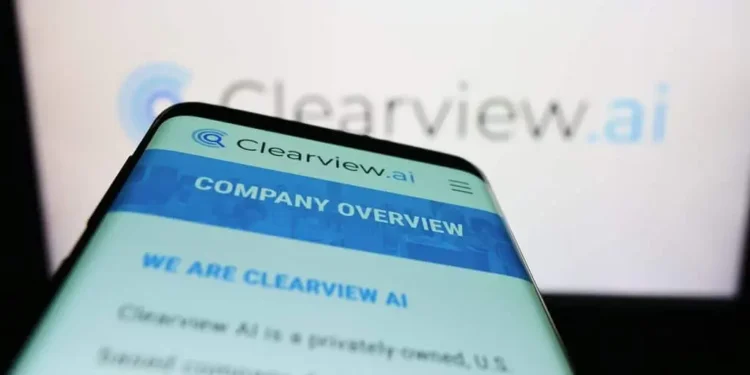The legal battle over controversial use of biometric data of Clearview AI is not over yet. Although a U.S. district court recently gave final approval to a settlement agreement, some are still pushing back.
Appeal Filed After Court Approves Settlement
On April 18, two named objectors, Robert Weissman and Rick Claypool, filed an appeal with the U.S. Court of Appeals for the Seventh Circuit. They are challenging District Judge Sharon Johnson Coleman’s decision to approve a settlement that would give the plaintiffs a 23 percent stake in Clearview AI—but only if the company goes public in an IPO (initial public offering).
Although the April filings don’t detail the specific reasons for the appeal, previous objections raised during the court proceedings argue that the settlement doesn’t truly change Clearview’s behavior. In fact, it could end up rewarding plaintiffs with a share in a company they’ve accused of breaking the law.
Why the Settlement Is Controversial
The critics, including Weissman and Claypool, argue that:
- The deal does not guarantee monetary compensation for the class members.
- It would not stop Clearview from continuing the facial recognition practices being challenged.
- It could “perversely” reward plaintiffs if the company’s value increases in the future.
These concerns reflect similar views expressed earlier by 23 state attorneys general who submitted an amicus brief, raising doubts about the fairness and impact of the proposed settlement.
Judge’s Statement on the Settlement Scope
In her ruling, Judge Coleman clarified that her job was to review the fairness of the settlement—not to decide whether Clearview’s facial recognition practices are legal or illegal.
What Happens Next?
If the appeal by Weissman and Claypool is rejected, the settlement would be finalized, meaning plaintiffs would move forward with their 23 percent equity share in Clearview, should the company go public. If the appeal is successful, however, the case could return to court for further review.
Clearview AI’s New Direction
While this legal process continues, Clearview AI is also undergoing leadership changes. The company appears to be shifting its focus toward facial recognition contracts with the U.S. federal government, indicating a new direction in its business strategy.
Also Read: HIPAA rule faces legal pushback from states










